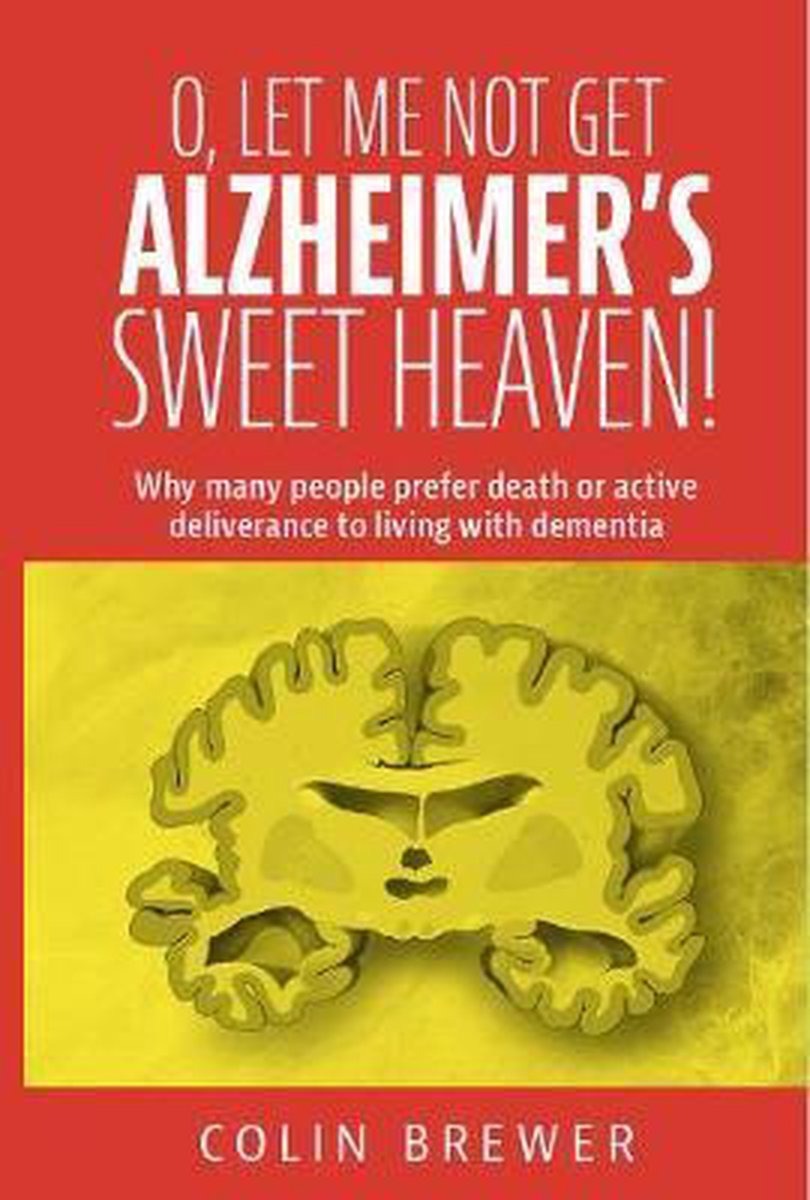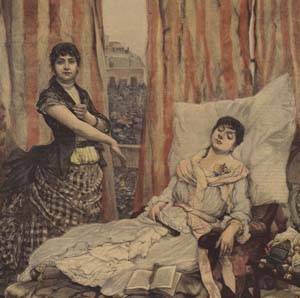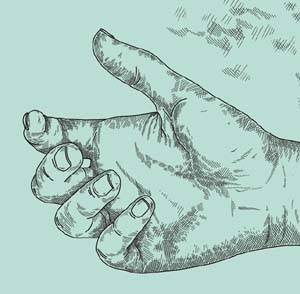
O, Let Me Not Get Alzheimer’s, Sweet Heaven! (Skyscraper) by Colin Brewer
Every 24 hours, an average of ten new research papers about Alzheimer’s is added to the biomedical database Medline. Much of it is about improving and extending the lives of people with the condition. As Dr Colin Brewer makes clear in his new book, there is no curing the disease: “nobody fights bravely through Alzheimer’s to the other side against all odds and then writes about the experience. There is no other side.” Brewer’s thesis is that many of these people do not want their lives extended and that for someone with Alzheimer’s, it should be as simple and stigma-free as possible to bring their life to an end.
If this sounds a little on the bleak side, don’t stop reading now. Much as abortion – to which Brewer frequently refers – is not about killing babies, voluntary euthanasia is not about killing sick people. It is about ensuring that people with dementia die when they want to, how they want to, and with as much dignity as possible. In 2016, dementia became the most common cause of death in England and Wales. Alzheimer’s is the most common variant. If you live to 95, there is a 50 per cent chance you will get Alzheimer’s. If you live to 85, the probability is still around 33 per cent. This is a cause about which Brewer clearly feels passionately, and the book presents a compassionate case for a change in the way we treat people whose quality of life will never improve.
Euthanasia arouses powerful emotions. Though the public has consistently been in favour of allowing people to choose “deliverance”, in Brewer’s words, the subject is plagued by old taboos about suicide and more terrestrial real-life concerns, on the part of doctors, about being taken to court for killing a patient. Suicide hasn’t been a crime in England and Wales since 1961, but assisted suicide and voluntary euthanasia are both illegal, meaning that Alzheimer’s sufferers often fly to Switzerland to end their lives.
Objections to voluntary euthanasia tend to come from the religious, Brewer writes, but the more tenacious objection is the one raised by disability campaigners among others: that legalising euthanasia would open up a slippery slope that could see people with disabilities pressured to end their inconvenient life. As Brewer remarks, this contention has never been proven. “There is remarkably little evidence that laws allowing patients to choose medical aid in dying are abused,” he writes. But his most powerful point is stated so eloquently it took me off guard: “In reality, dementia patients currently experience a great deal of coercion and pressure to remain alive when they would either definitely or probably prefer to be dead.”
The firmness with which Brewer states his case may be too much for some readers. When discussing the notion that someone with dementia might be experiencing something of a second childhood, he writes, “One childhood is enough for most people and its correct place is at the beginning of life.” For the most part this honesty is refreshing, but his short shrift can occasionally appear callous, as when he likens someone with dementia to someone “very drunk”, or under the influence of a date-rape drug. But the book is an informative and informed polemic that only once or twice feels as though it could be reined in.
Unfortunately, for the millions in Britain who share Brewer’s view, “doing nothing looks likely to remain society’s default position for many years”. What he would like to see is not just the legalisation of assisted dying, but also a legislative change that incentivises living wills, in which someone spells out what they want in the event that they succumb to dementia. Though these issues may always be messy, this seems like a surefire way to help clean them up.
Now Brewer is retired, he is free to discuss voluntary euthanasia with patients. His book is a powerful argument in favour of practising doctors, not just retired ones, being able to discuss “the Swiss option” without fear of recrimination. Like a ban on abortion, the ban on voluntary euthanasia looks like a relic from the past. This book makes a strong case that things need to change.
From the autumn 2020 edition of New Humanist.

